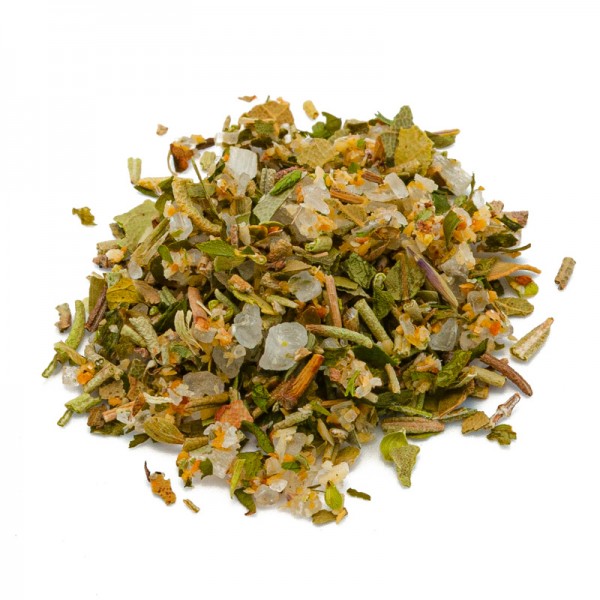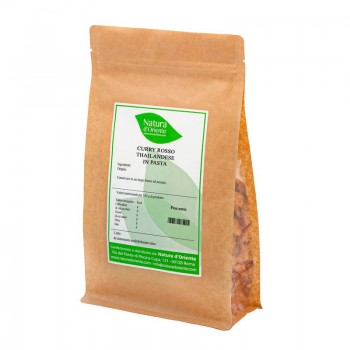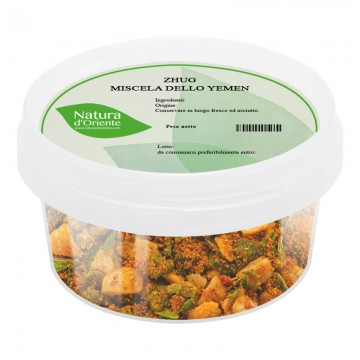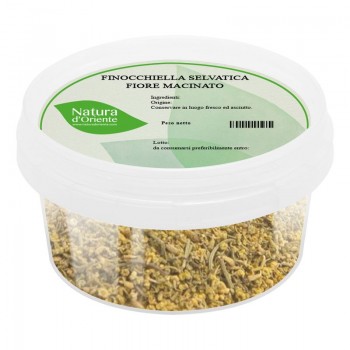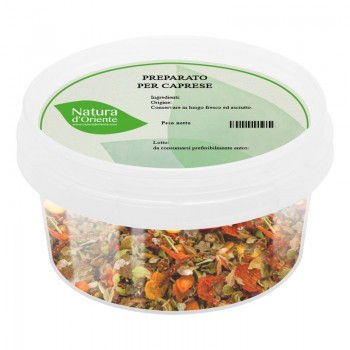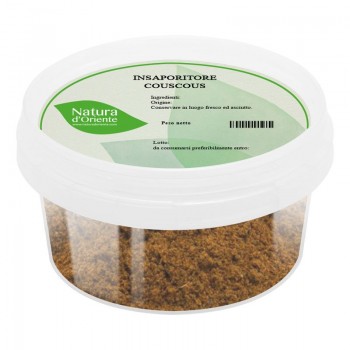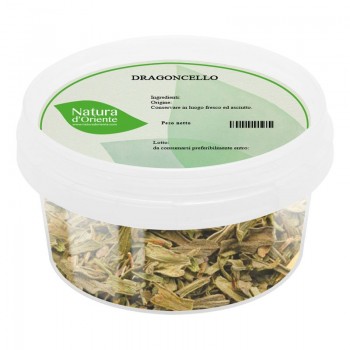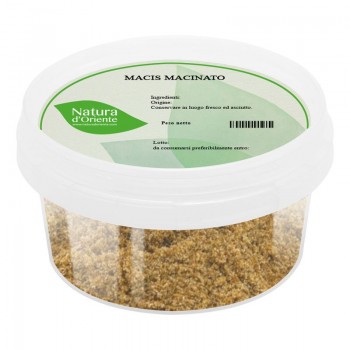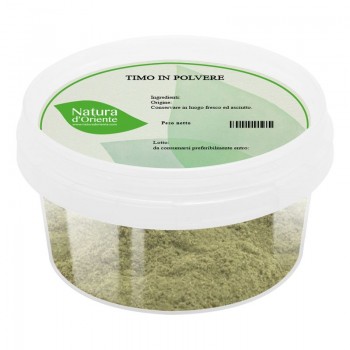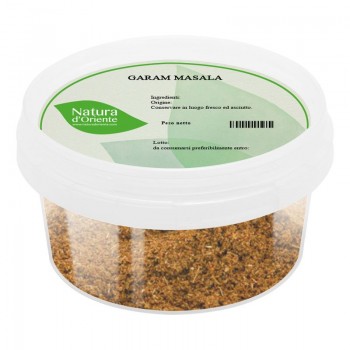Outdoor barbecues are always moments of gluttony and sharing with friends and family. As soon as the good weather arrives, there are many delicious meat recipes that can be put on the grill and flavored with particular aromatic herbs. Even in winter, you can create roast meat recipes at home with this blend of grilled meat flavors. The combination of garlic and traditional Mediterranean herbs gives an extra touch to any freshly cooked food. The aromas give different layers of flavor to the grilled meat, thanks to the varied contents. The most suitable aromatic herbs for grilling that we have chosen are: garlic, rosemary, laurel, sage, marjoram, fennel, juniper and thyme. These are tasty herbs, able to withstand cooking on hearty beef, red and white meats without altering their flavor. A few little secrets for seasoning and marinating meat make a barbecue or grill perfect. Because cooking with aromatic herbs can be a unique taste experience, which exploits the combination in a subjective way: use the doses you prefer, for an intense or light aroma.
Aromatic herbs for grilling meat
In our combination we use different flavorings for grilled meat, especially recommended for beef. Rosemary has a pungent flavour, an excellent pairing with the heavy or fatty flavors of meat - especially beef and roasts. Garlic gives a powerful and pungent aroma that goes well with the deep umami taste of red meats, and enlivens white meats. Laurel or laurel leaves have a pungent flavour, a bitter note that supports other flavors in the dish. Sage is an herb that handles the intense flavors of red meats well, but also adapts well to white meats, adding a fragrant aroma and a warm note. Marjoram has a peppery flavor and a herbaceous aroma, perfect for releasing itself at the end of cooking with fresh and persistent notes. Fennel, with its sweet flavor and lively aroma, pairs perfectly with pork, excellent for giving a fresh nuance to any seasoning for grilled meats. Juniper gives a spicy flavour, with the freshness of pine notes, slightly citrusy and pungent; its harshness in aroma balances the more delicate herbs. Thyme is traditionally used for meat dishes. It rounds out strong flavors and adds a touch of depth in tender, soft meat recipes.
Use of flavorings for grilled meat
Herbs express strong flavors and can be added at the beginning of cooking to extract all their flavor – particularly bay leaves. They will also contribute to the flavor during the cooking process, providing appetizing final aromas. It is important to take the meat out of the refrigerator at least an hour before grilling, to avoid temperature changes and cook it at room temperature - the heat will enter the meat evenly. Before sprinkling it with herbs, pat it dry with paper towels to help the grilling aromas adhere better.
The mixture already contains salt, so depending on your taste, choose whether to salt the meat half an hour before cooking, or insert the salt through the aromatic mixture. Brush it with a drizzle of oil, massage it with the aromas (rub style), and then grill it.
Alternatively, you can prepare an oil with aromatic herbs. Place 1 tablespoon of the flavorings in the bottom of a sterilized airtight glass jar. Add 500 ml of extra virgin olive oil inside, pouring slowly. Close the jar of this flavored oil, which should be stored in the dark until it takes on flavor and is ready to season the grilled meat.
To marinate the meat, it is necessary to leave the meat in the fridge for several hours before cooking, seasoned with extra virgin olive oil, lemon and aromatic herbs. Other ingredients for a good marinade are wine and vinegar. Remember that marinating prevents grilling from drying out the meat too much and producing harmful substances. From this point of view, garlic, oregano, thyme and rosemary are excellent.
Origins and history of grilling and the use of aromas
The history of cooking was born with the cooking of food on the fire, mainly meat in ancient times.
For grilling, even today they are usually chosen cuts of meat with a substantial amount of fat, so that the meat does not dry out too much in the heat. Perfect is grilled beef and pork, chops, ribs, sirloins; famous are the roast peascora and pork ribs. To best cook grilled meats, the temperature must be high (between 250 °C and 400 °C), after lighting the embers for a long time. Small cuts of meat can also be grilled (skewers, chicken legs, sausages, hamburgers). The times are fast, you can grill in about 30 minutes, cooking on the hot embers in direct contact with the heat source.
Recently, grilled cooking and those from overseas such as Barbecue - a name that derives from from the tradition of the Caribbean islands (Haiti) to grill meat on the fire skewered. A word that arrived in North America, widespread to describe the practice of cooking food on wooden racks suspended over embers. The difference with grilling lies in the lower temperature (less than 120°C) and the thicker cuts of meat (the pork shoulder or pulled pork is famous). Cooking is much slower than the grill, with the meat away from the embers and the ground to avoid dirt and animals on the ground. The smoke that the barbecue releases to keep birds and insects away has today become typical of this cooking.
Grilling with the barbecue method or with the classic embers has become a habit all over the world, which more and more people appreciate . Meat over hot coals becomes a prized dish for banquets, meals with friends or family (think of the Argentine and South American asado). Each grill and cut of meat corresponds to seasoning traditions. Seasoning also becomes a creative experience, a need not only for taste but also for experimentation in land cuisine.


